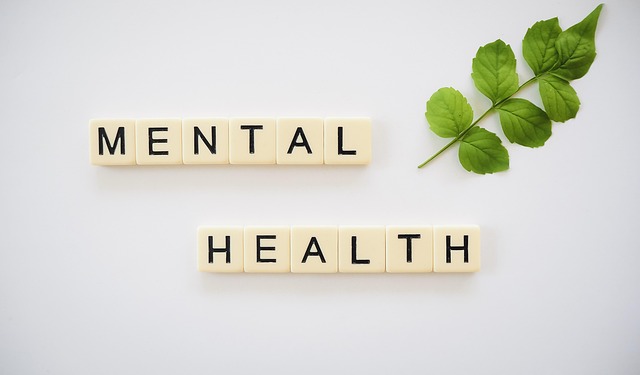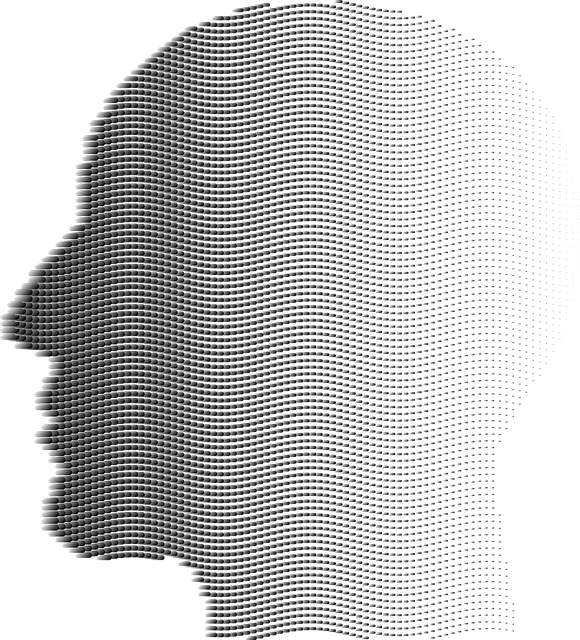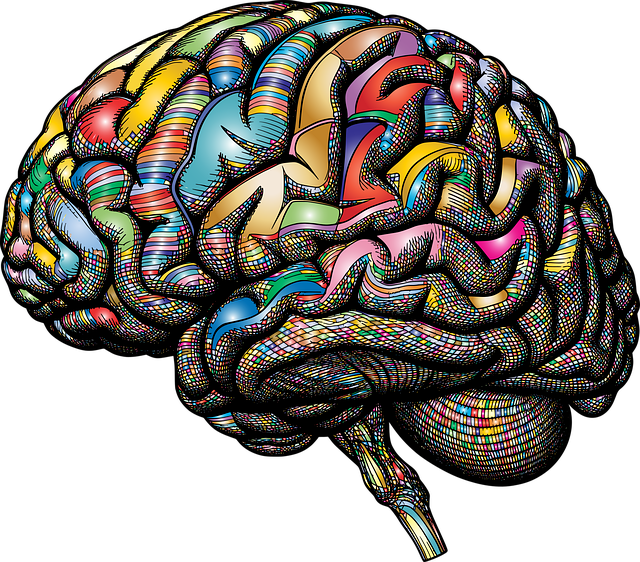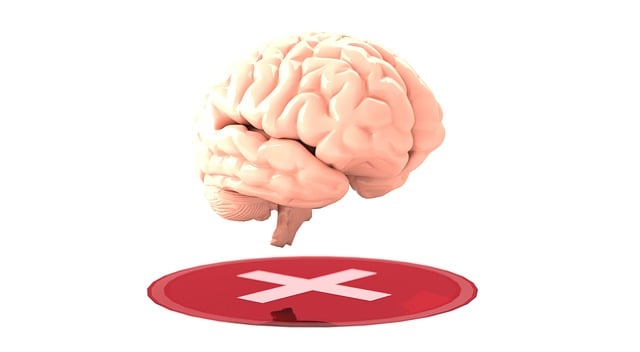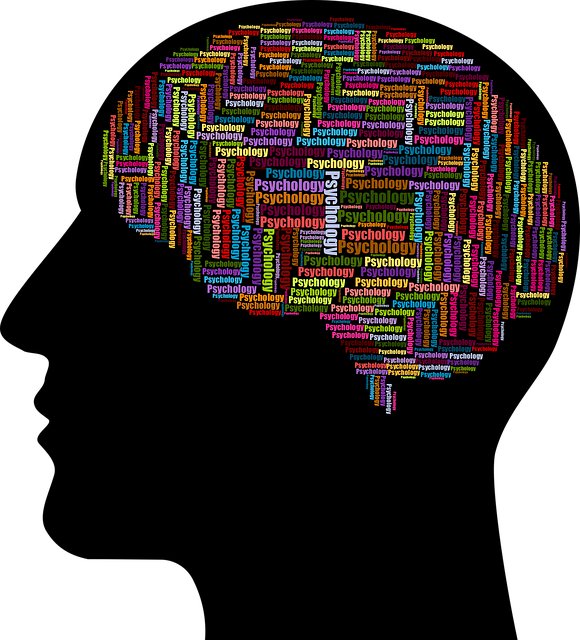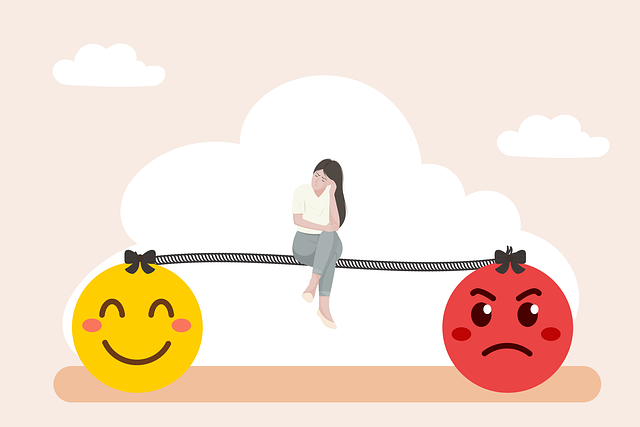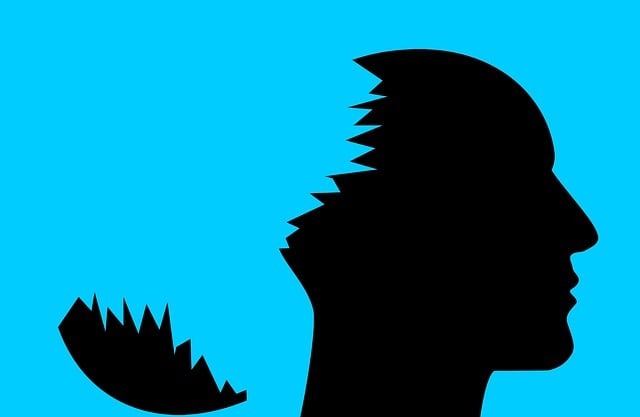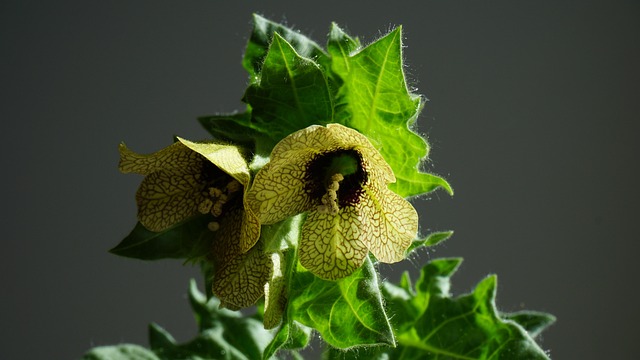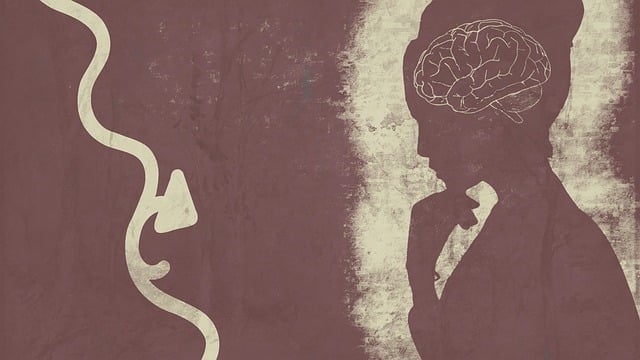Anxiety is a common co-occurring disorder with ADD-ADHD in young children, requiring tailored strategies. These include structured routines, positive reinforcement, Mindfulness Meditation, and CBT to address negative thought patterns. Creative outlets, mindfulness practices, and support from families and culturally competent healthcare providers are also effective. Comprehensive solutions involve coaching programs, community outreach, and public awareness campaigns to reduce stigma and promote open conversations about mental health in young people.
Anxiety management techniques are crucial for supporting young children with Attention Deficit Disorder – Hyperactivity Deficit Disorder (ADD-ADHD). This comprehensive guide delves into effective strategies for navigating anxiety in this demographic. We explore cognitive behavioral therapy (CBT), a powerful tool proven to mitigate anxiety symptoms in young minds. Furthermore, we present additional techniques and strategies, offering a multi-faceted approach to calming and supporting children with ADD-ADHD. Understanding Anxiety in Young Children with ADD-ADHD serves as a valuable resource for parents, educators, and healthcare professionals seeking effective therapy for young children with ADD-ADHD.
- Understanding Anxiety in Young Children with ADD-ADHD
- Cognitive Behavioral Therapy (CBT): A Powerful Tool for Managing Anxiety
- Additional Techniques and Strategies for Calming and Support
Understanding Anxiety in Young Children with ADD-ADHD

Anxiety is a common struggle among young children with Attention-Deficit/Hyperactivity Disorder (ADD-ADHD), presenting unique challenges for parents and caregivers. Understanding this comorbidity requires recognizing that anxiety in these children often manifests differently than in their neurotypical peers. They may exhibit excessive worry, frequent meltdowns, or difficulty managing daily tasks due to overwhelming anxiety. Therapy for Young Children ADD-ADHD focuses on addressing both the core symptoms of ADD-ADHD and anxiety disorders simultaneously.
Effective strategies include structured routines, positive reinforcement, and tailored therapy sessions incorporating techniques like Mindfulness Meditation, which can enhance focus and emotional regulation. Risk Management Planning for Mental Health Professionals plays a crucial role in ensuring these children receive culturally sensitive care that considers their unique needs and backgrounds. By integrating evidence-based practices and tailoring interventions to individual experiences, mental healthcare providers can foster resilience and improve outcomes for young children with ADD-ADHD who struggle with anxiety.
Cognitive Behavioral Therapy (CBT): A Powerful Tool for Managing Anxiety

Cognitive Behavioral Therapy (CBT) is a highly effective tool for managing anxiety, particularly in young children with ADD-ADHD. This therapy focuses on identifying and changing negative thought patterns and behaviors that contribute to anxiety. By teaching kids practical communication strategies and coping mechanisms, CBT empowers them to manage their anxious feelings more effectively. It also involves parents or caregivers in the process, fostering a supportive environment at home that reinforces positive changes made during therapy sessions.
For those seeking comprehensive solutions, Mental Wellness Coaching Programs Development and Community Outreach Program Implementation can complement CBT. These initiatives promote mental wellness by offering additional support networks and educational resources within the community. Integrating these programs with CBT can create a holistic approach to anxiety management, addressing both individual needs and broader community outreach, ultimately enhancing overall mental wellness.
Additional Techniques and Strategies for Calming and Support

For young children experiencing anxiety, there are a variety of additional techniques and strategies that can prove beneficial beyond traditional therapy. Engaging in creative outlets like art or music can offer calming diversions and provide non-verbal means of expression. Additionally, mindfulness practices tailored for kids, such as deep breathing exercises or guided visualizations, have been shown to reduce anxiety symptoms and foster a sense of relaxation.
Incorporating support from both family and the healthcare provider is crucial. The latter, especially those with Cultural Competency Training, can employ effective communication strategies like simple language, positive reinforcement, and age-appropriate explanations to help children understand and manage their anxiety. Public Awareness Campaigns Development around mental health issues in young people also plays a vital role in reducing stigma, encouraging open conversations, and ensuring children receive the necessary care and support they need.
Anxiety management techniques are invaluable tools for parents and caregivers of young children with ADD-ADHD. By understanding the unique challenges these children face, we can implement evidence-based strategies like Cognitive Behavioral Therapy (CBT) to effectively manage anxiety. Combining CBT with additional calming techniques offers a holistic approach to supporting young minds, fostering resilience, and enhancing their overall well-being. With the right tools, navigating anxiety becomes manageable, paving the way for happier and healthier development.
